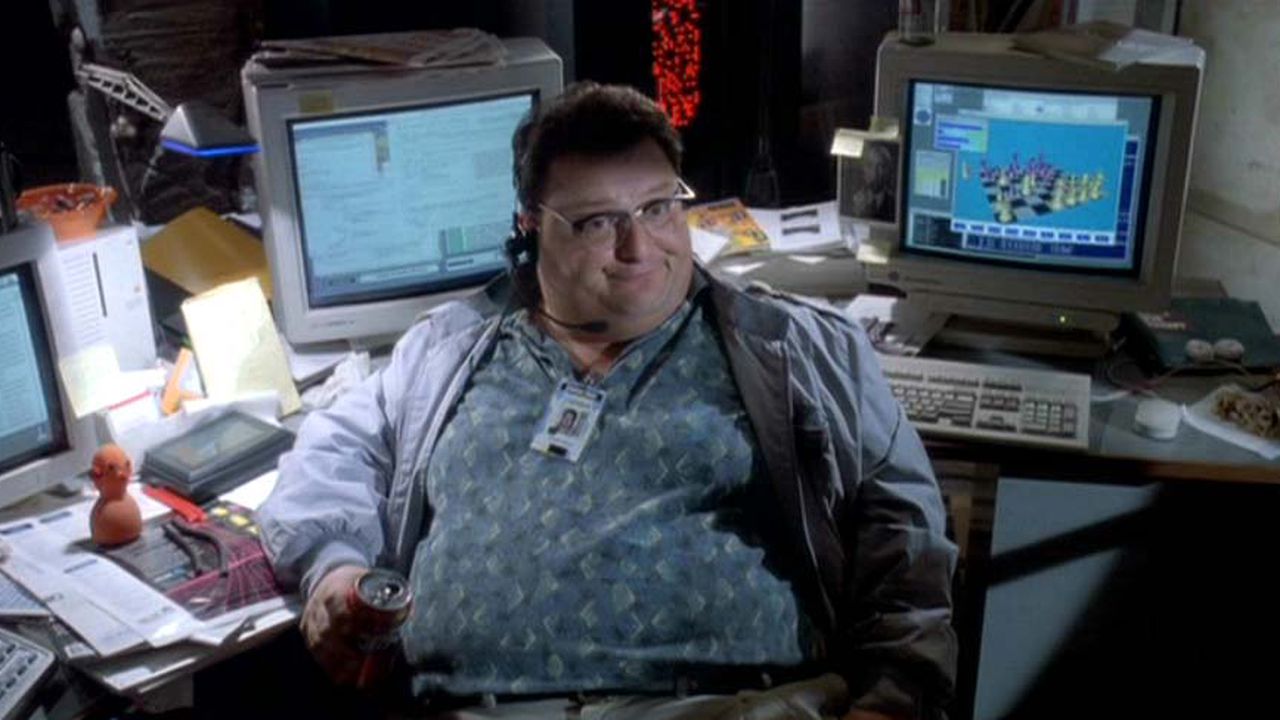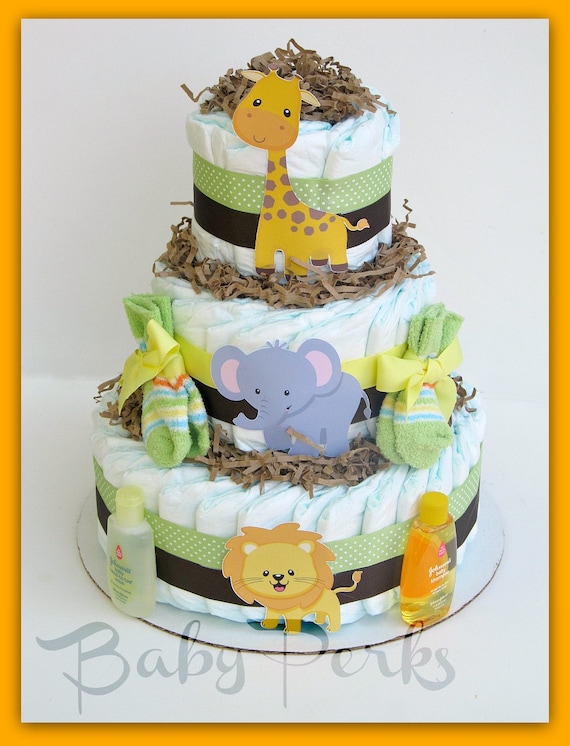Welcome back to the last and final installment of this short series, The Ghetto Guide to Cloth Diapers (read parts one and two here). This concluding portion addresses the question of affordably laundering the cloth diapers.
The first thing to keep in mind is that your water usage will increase due to the baby. This is an unavoidable truth, whether you use cloth diapers or not. But, you do have some control over how much it increases.
If you have a washing machine, you will be needing to do a load every two to three days, depending on how much volume the diaper hamper will hold (my diaper hamper is a small/medium size trash can with a lid. The max I can go is three days before overflow and mildew set in. See picture below for reference). If you don't have a washing machine but can access laundry facilities without issue, plan trips accordingly so as to maximize washing (not to mention fiscal) efficiency. If for whatever reason you are unable to access the laundromat, handwashing cloth diapers is your most viable option and the one you have the most control over the water usage on.
Regardless of what laundering options are available to you, there is one thing you will absolutely need: laundry soap. Laundry soap comes in the form of a large brick-shaped soap bar, and can be found with names like Zote, Lirio, Fels-Naptha, etc. You can find them in retailers like Walmart, Dollar General, Family Dollar, etc. They are not expensive and depending on where they are sold, can retail for less than a dollar a bar (Walmart sells Zote for $0.97 a bar). I highly recommend Zote, not just for cost reasons, but also for purity and effectiveness too. If you can't find laundry soap near you, Ivory soap works well as a substitute or you can make your own if you have the time and materials to do it. Once you acquire the soap, simply cut off a chunk from the bar and set near where you will be rinsing off the diapers. Store the rest of the bar in a cool, dry place until needed.
So, you've changed the baby and now have a soiled cloth diaper in your hands. What's next?
First, go to the toilet and shake the poopy part of the diaper into the water in the bowl. Do this to get as much of the crap off as possible, flush, and then toss the diaper into either a designated bucket or into the sink. Fill the vessel with water to cover the diaper, and then rub your chunk of laundry soap into the poopy stain. Stick the diaper back into the water and rub the sides of the cloth together, using the friction and lather to get the stain out. Rinse the lather, then repeat soaping and lathering as needed. When you've reached desired cleanliness, dump the bucket or drain the sink, rinse the diaper under running water, squeeze out the excess water and then hang the diaper to dry either in the shower (or tub) or on the edge of the sink or bucket. Pissy diapers don't need a toilet dunk and can be just thrown into the designated laundering vessel. For pocket diapers, remove the liners first before proceeding to launder the diapers, and then the liners. All-in-one diapers can be laundered as they are.
And, you're done!
If the idea of shaking a diaper into the toilet bowl gives you the heebie-jeebies, you may want to consider a special attachment to the toilet so that you can hose the poop off the diaper directly into the toilet. Some places sell specialty diaper hoses (they resemble mini shower heads), but they tend to be pricy so if you want one, I'd recommend getting someone to buy it for you. The other option, depending on your skill level, would be to rig a hose up and attach it to the toilet like a bidet (see diagram below). Unless someone were to give you a bidet, this would be your cheapest option, as you can cut an old garden hose down to size and get the necessary valves and hardware at home improvement stores like Home Depot.
For those individuals opting to machine-launder the cloth diapers, just soap and rinse to get the bulk of the crap off, and then put the diaper into your designated hamper. Even though the diaper is not clean, this preliminary wash cuts down the dirty diaper smell till laundry day. When I do a load of diapers in my machine, I combine the load with other whites or set the water level to run as a small load if there's nothing else to add to the diaper load. I also throw in a 1/2 cup of bleach and a 1/2 cup of Borax detergent booster in addition to the detergent in the load. Bleach and Borax are excellent disinfectants, as well as cheap (bleach can go for as little as $1 a bottle and be refilled by mixing swimming pool chlorine with water to desired concentration. Borax can go for anywhere between $3.00-$4.00 for a four-pound box) and are readily available at most low-cost retailers. I have no recommendations for detergent, so use what works for you (commercial or homemade).
I would always recommend letting the laundered diapers air dry. They'll last longer and it's far less costly than using a dryer to dry them (both in the laundromat and the resources needed to operate a home dryer). Living in Arizona, I had my husband string up a clothesline in the yard so the diapers (and our laundry in general) can take advantage of our plentiful heat and sun to dry. If it is not possible to set up a clothesline outdoors due to climate or housing restrictions, an indoor drying rack is a worthy investment. You can also temporarily string up a clothesline indoors if needed, using whatever materials you have on hand (when we first got married, my husband used string lights and clothes hangers to hang our laundry inside our trailer until we could afford to get proper clothesline and a washing machine).
The first thing to keep in mind is that your water usage will increase due to the baby. This is an unavoidable truth, whether you use cloth diapers or not. But, you do have some control over how much it increases.
If you have a washing machine, you will be needing to do a load every two to three days, depending on how much volume the diaper hamper will hold (my diaper hamper is a small/medium size trash can with a lid. The max I can go is three days before overflow and mildew set in. See picture below for reference). If you don't have a washing machine but can access laundry facilities without issue, plan trips accordingly so as to maximize washing (not to mention fiscal) efficiency. If for whatever reason you are unable to access the laundromat, handwashing cloth diapers is your most viable option and the one you have the most control over the water usage on.
 |
| My diaper hamper, with my husband's sippy cup and the rocking chair for scale |
| My preferred brand of laundry soap. I've only used white Zote, but I do plan on trying other colors and brands in the near future for comparison. Picture found here |
First, go to the toilet and shake the poopy part of the diaper into the water in the bowl. Do this to get as much of the crap off as possible, flush, and then toss the diaper into either a designated bucket or into the sink. Fill the vessel with water to cover the diaper, and then rub your chunk of laundry soap into the poopy stain. Stick the diaper back into the water and rub the sides of the cloth together, using the friction and lather to get the stain out. Rinse the lather, then repeat soaping and lathering as needed. When you've reached desired cleanliness, dump the bucket or drain the sink, rinse the diaper under running water, squeeze out the excess water and then hang the diaper to dry either in the shower (or tub) or on the edge of the sink or bucket. Pissy diapers don't need a toilet dunk and can be just thrown into the designated laundering vessel. For pocket diapers, remove the liners first before proceeding to launder the diapers, and then the liners. All-in-one diapers can be laundered as they are.
And, you're done!
If the idea of shaking a diaper into the toilet bowl gives you the heebie-jeebies, you may want to consider a special attachment to the toilet so that you can hose the poop off the diaper directly into the toilet. Some places sell specialty diaper hoses (they resemble mini shower heads), but they tend to be pricy so if you want one, I'd recommend getting someone to buy it for you. The other option, depending on your skill level, would be to rig a hose up and attach it to the toilet like a bidet (see diagram below). Unless someone were to give you a bidet, this would be your cheapest option, as you can cut an old garden hose down to size and get the necessary valves and hardware at home improvement stores like Home Depot.
| Reference guide |
For those individuals opting to machine-launder the cloth diapers, just soap and rinse to get the bulk of the crap off, and then put the diaper into your designated hamper. Even though the diaper is not clean, this preliminary wash cuts down the dirty diaper smell till laundry day. When I do a load of diapers in my machine, I combine the load with other whites or set the water level to run as a small load if there's nothing else to add to the diaper load. I also throw in a 1/2 cup of bleach and a 1/2 cup of Borax detergent booster in addition to the detergent in the load. Bleach and Borax are excellent disinfectants, as well as cheap (bleach can go for as little as $1 a bottle and be refilled by mixing swimming pool chlorine with water to desired concentration. Borax can go for anywhere between $3.00-$4.00 for a four-pound box) and are readily available at most low-cost retailers. I have no recommendations for detergent, so use what works for you (commercial or homemade).
| This stuff goes a long way |
I would always recommend letting the laundered diapers air dry. They'll last longer and it's far less costly than using a dryer to dry them (both in the laundromat and the resources needed to operate a home dryer). Living in Arizona, I had my husband string up a clothesline in the yard so the diapers (and our laundry in general) can take advantage of our plentiful heat and sun to dry. If it is not possible to set up a clothesline outdoors due to climate or housing restrictions, an indoor drying rack is a worthy investment. You can also temporarily string up a clothesline indoors if needed, using whatever materials you have on hand (when we first got married, my husband used string lights and clothes hangers to hang our laundry inside our trailer until we could afford to get proper clothesline and a washing machine).


